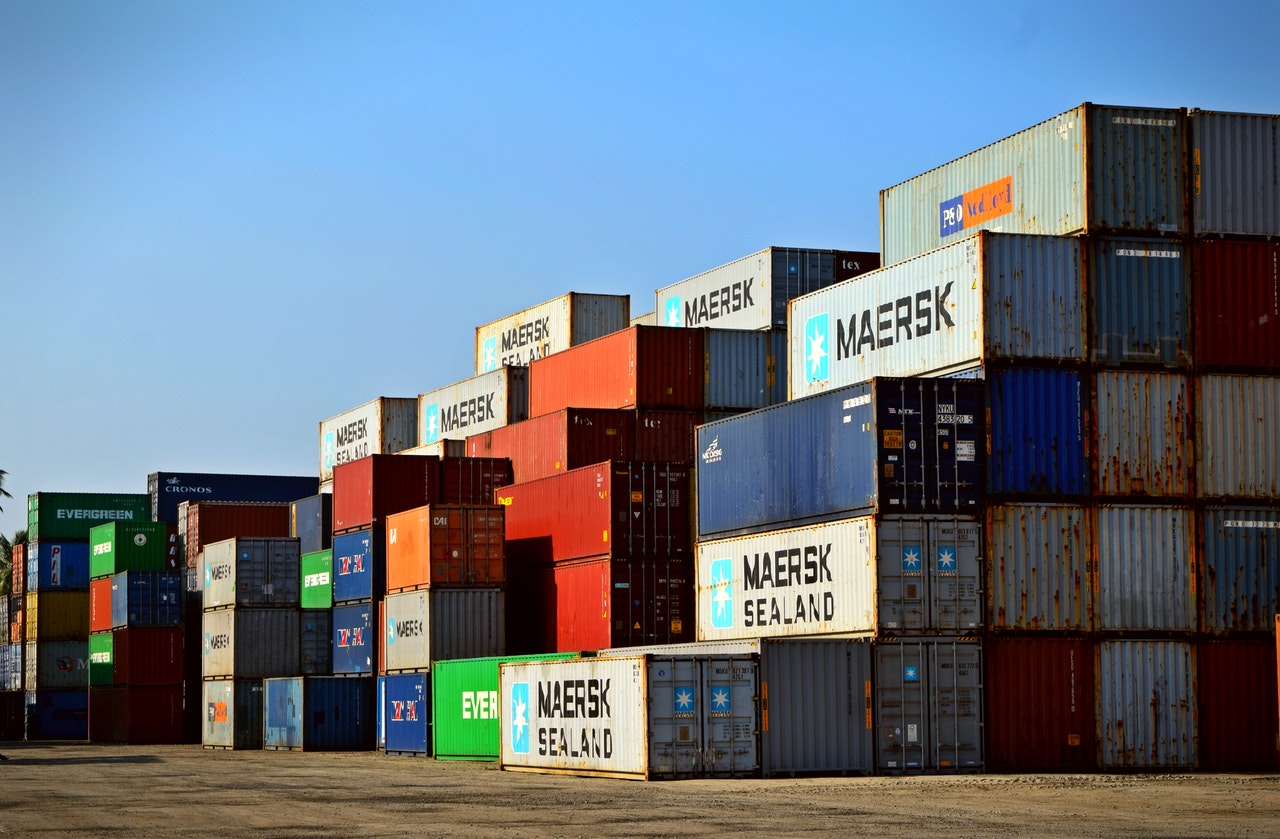Consumers should expect to see the price hikes seen across many sectors to continue into next year, importers have warned, with no end in sight for the shake up in global supply chains that has charactered the post-pandemic economic recovery.
The problems affecting importers are being felt most acutely by those importing low value items from places like China, for whom the almost five-fold increase in container costs from the Far East makes up a significant portion of the total cost.
BusinessNow.mt reached out to two local importers of food and beverages to see how Maltese businesses are being affected by global problems.
Nikol Sammut, commercial manager at Alf Mizzi & Sons Marketing Group (AMSM), says the supply chain was under pressure as far back as the first quarter of the year, although those issues had more to do with Brexit teething woes.
In fact, Mr Sammut points out that the significant shipping costs being seen only apply to products coming from the Far East, which AMSM, dealing mostly in food, is less impacted by.
Echoing comments made by the Chamber of SMEs, he explains that importation from the Far East in fact “remains the biggest challenge”, although he seeks to downplay fears of empty shelves like those seen in supermarkets across the UK.
“Whilst there are some small delays, it is unlikely to result in a shortage of stocks for Christmas,” he says.
Mr Sammut believes that increased consumer prices are a natural consequence of a “perfect storm” of higher prices seen around the world. These go beyond shipping, affecting energy, raw materials and packaging.
Companies are responding to this supply crisis in varied ways. Chanel, for example, purchased 10 hectares of land in the southern French region of Grasse to secure its supply of jasmine, a key component of its iconic Chanel No. 5 perfume.
Asked how AMSM is dealing with these challenges, he says that efficient scheduling of orders and close communication with transport operators are more important than ever.
In addition, the company is adjusting its stockholding where necessary and possible, with Mr Sammut noting that products’ shelf life plays a big part in these decisions.
“We only work with the ‘just in time’ system with certain products,” he says, “however, most products will have a buffer stock, as shelf life would allow this.
Meanwhile, Charlo Farrugia, sales manager at drinks importer Hansa, admits that many products ordered for Christmas have not yet arrived in Malta, marking a departure from the regular schedule of previous years.
As for possible price increases, Mr Farrugia makes no bones of the fact that prices have increased “with every consignment”.
“Consumers should definitely expect higher prices,” he says, reflecting the point made by a Central Bank of Malta study published in October that found that although two-thirds of businesses were facing higher costs, less than 40 per cent had actually increased their prices.
When asked how the company is dealing with the situation, he explains that “there isn’t much one can do but wait and hope that prices go back down, or at least stabilise, by next year”.
Mr Farrugia asserts that increasing the stock held is not a viable solution for the short term: “It’s not something you can do overnight. We already have our warehousing, and to increase it is an expense which would also need to be passed on to our cstomers.
“It does not make sense to react to the higher prices being seen by taking a costly short term action which would see prices rise even further,” he concludes.
Housing Authority doubles vacant dwelling restoration grant to €50,000
Eligibility criteria also widened to include properties built 20 years ago
Workplace accidents remain high in Malta despite slight decline – construction still tops risk list
High-risk sectors continue to dominate injury statistics
Five and four star hotel occupancy edges up in 2025, MHRA survey finds
Five-star occupancy levels stood at 71 per cent in 2025, up slightly from 2024 levels






